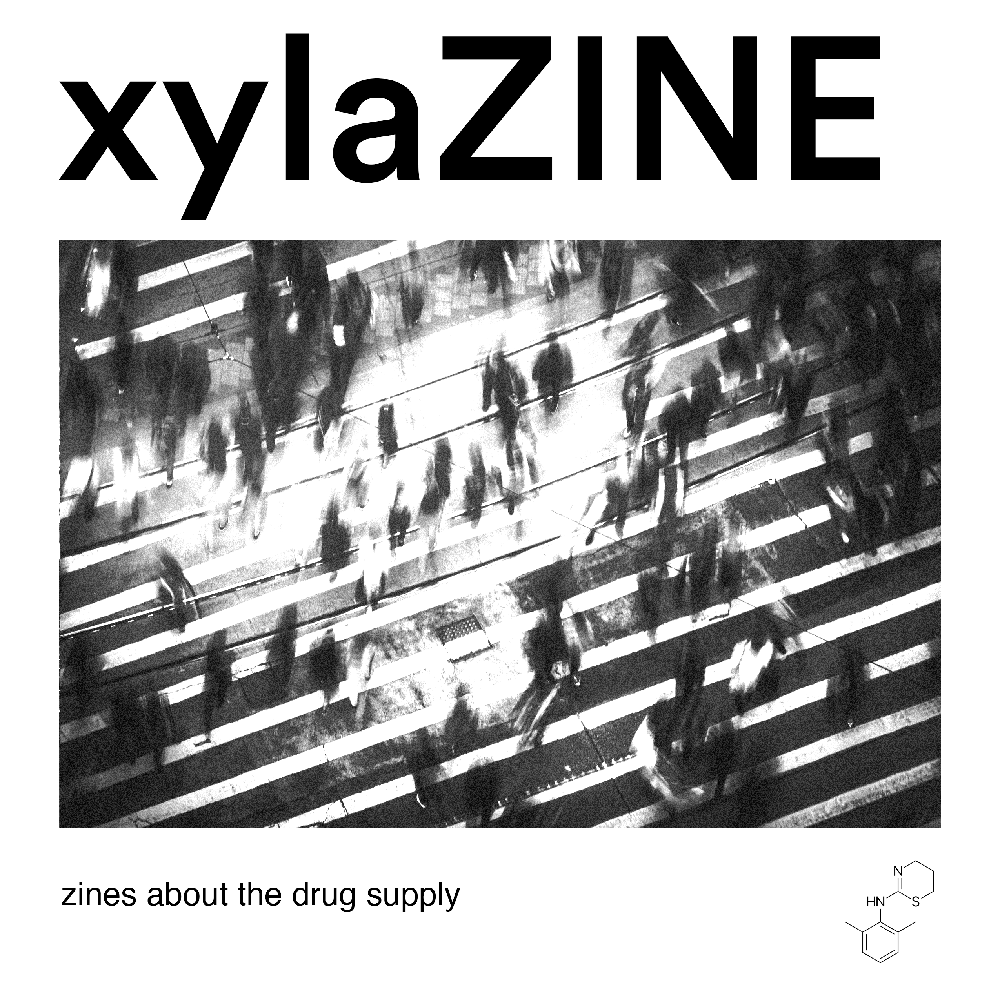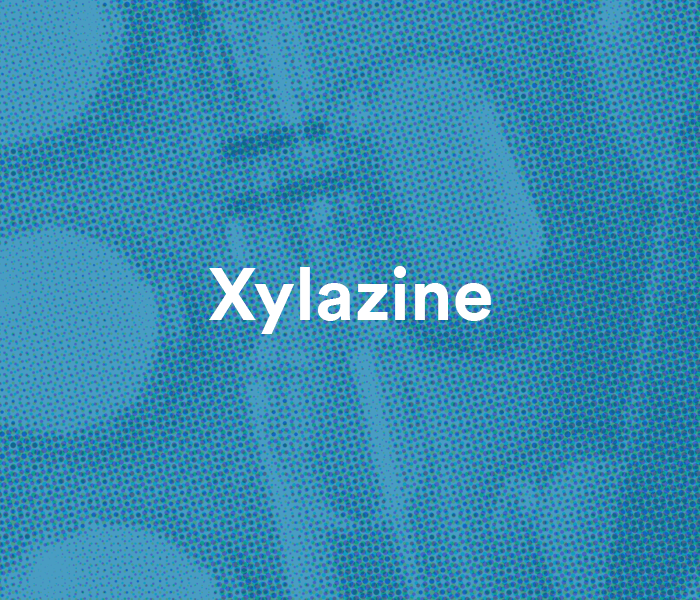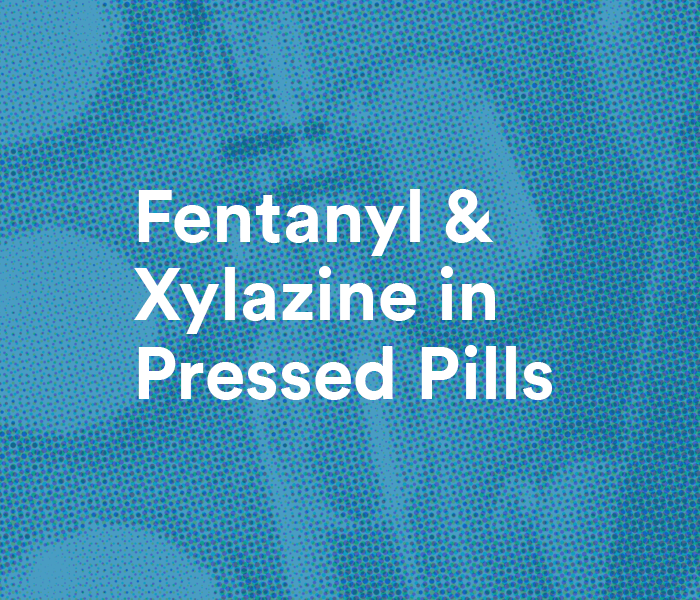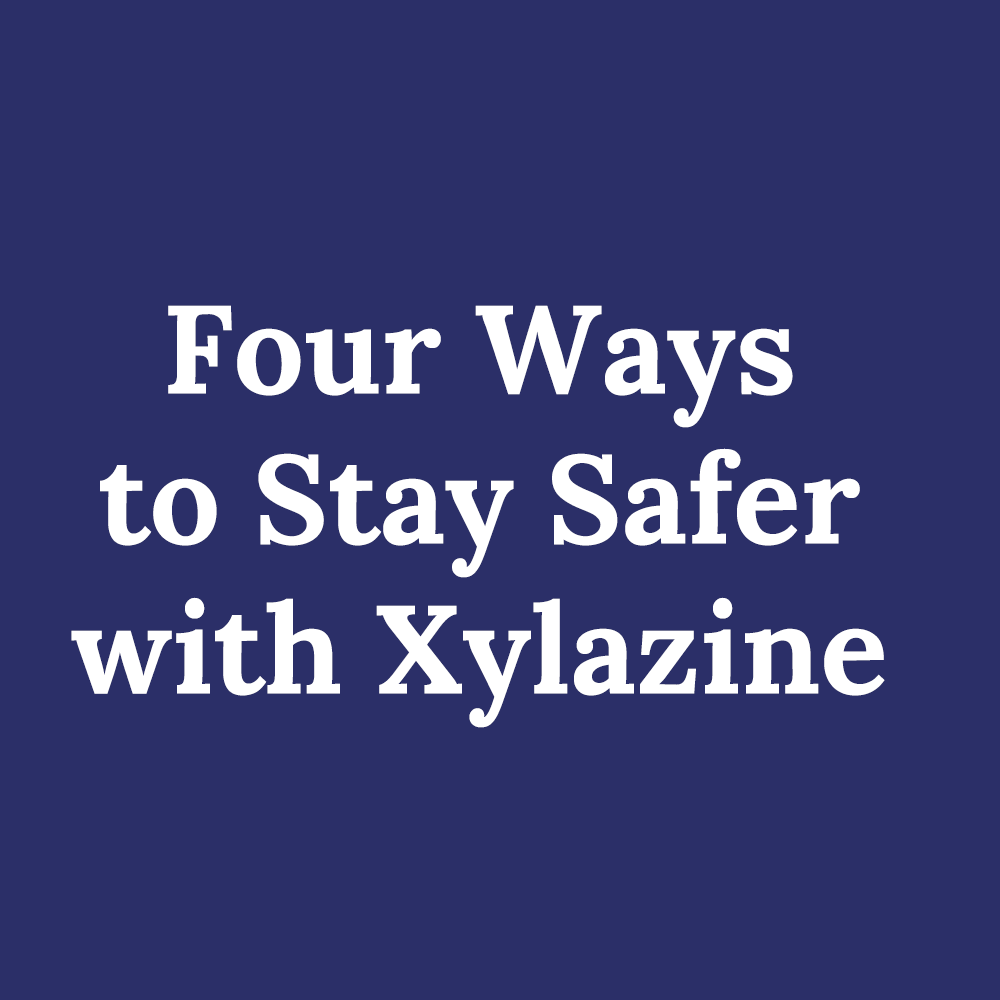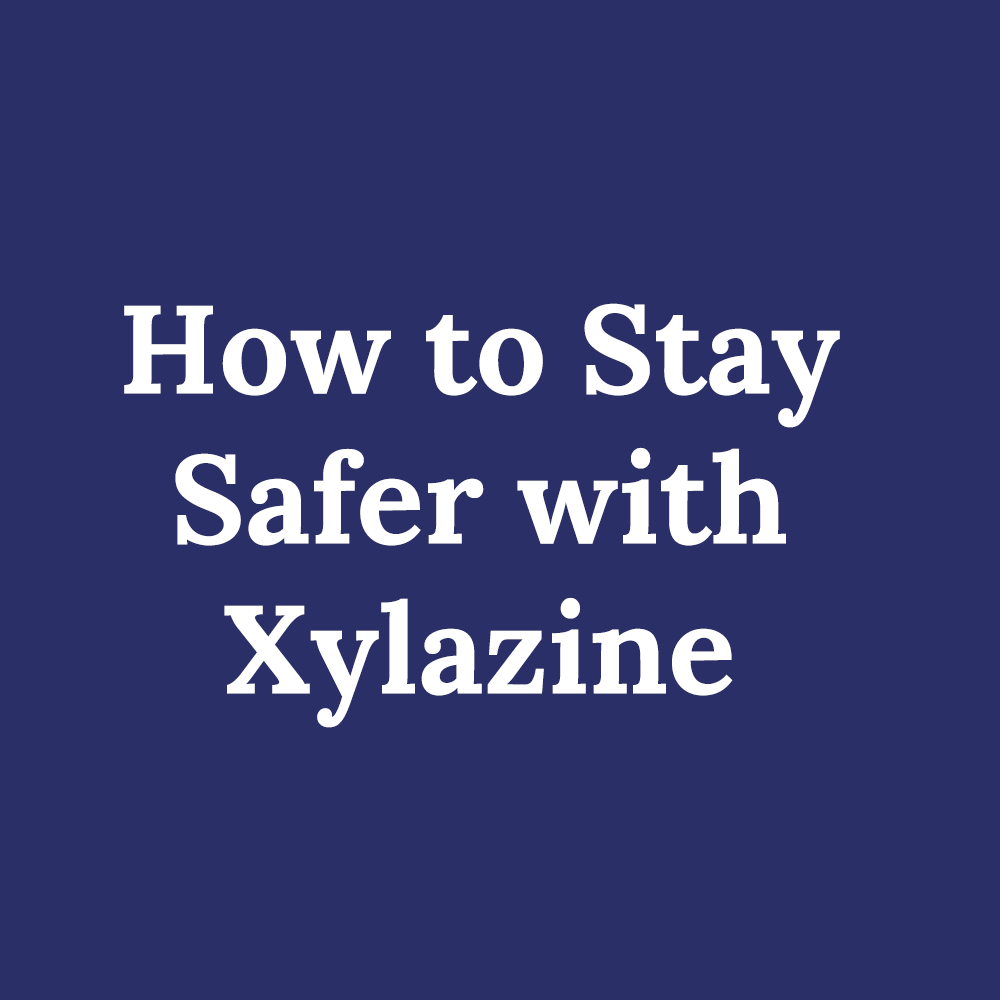Xylazine is a powerful sedative recently found in the Rhode Island drug supply. Xylazine isn’t an opioid but can still impact an overdose.
Xylazine (pronounced zai·luh·zeen) is a long-acting medication used as a veterinary tranquilizer. It is not approved for human use. It has been found in the local drug supply in Rhode Island in combination with fentanyl.
Xylazine can cause severe respiratory depression, especially when mixed with fentanyl. If you become sedated and don’t move for a long time, you could get injuries related to poor circulation. Xylazine exposure can also cause severe and persistent wounds that can lead to infection if they aren’t treated.
Need Supplies?
Find out more information about resources you can get to help stay safer with xylazine:
How to Stay Safer with Xylazine
It is important to be prepared for an overdose when you or those around you use drugs. This means having a plan, knowing how to access help, and having the right supplies in case of an overdose or injury.

Have naloxone and use with someone nearby
It is important to always use with someone nearby who has naloxone in case you overdose. You won’t be able to give yourself naloxone. Always call 911 and administer naloxone every two minutes if you think someone is overdosing.
Drugs that have Xylazine in them very often have fentanyl too. So make sure you and your friends carry naloxone. In Rhode Island, you can get naloxone for free:
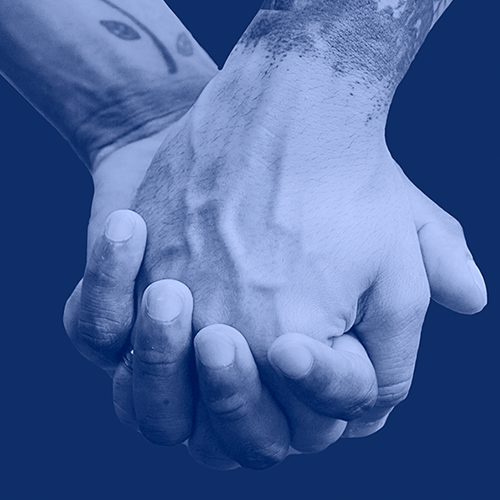
Call 911 and support breathing
If you think that someone is overdosing, you need to act fast. Always call 911 first and administer naloxone every two minutes if you have it. 911 will instruct you on how to support their breathing. If they are still sedated but breathing is restored, place them in the recovery position. This will help them breathe while you wait for first responders to arrive.
The Good Samaritan Law provides certain legal protection when you call 911 when someone is overdosing, whether you have drugs on you or not.
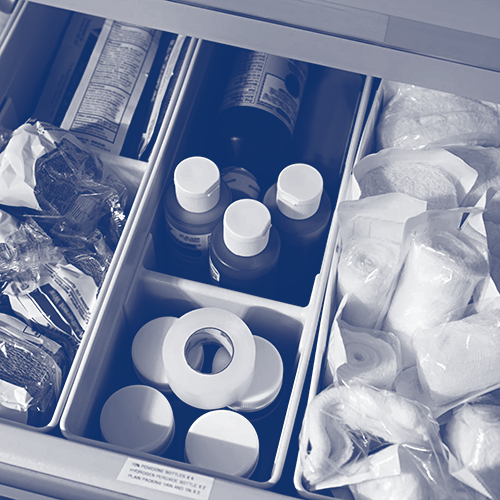
Treat your wounds
Xylazine exposure can cause severe and persistent skin, muscle, nerve, and soft tissue wounds. This can happen even if you do not inject or may show up in places you have never injected. Wounds can lead to infection if they aren’t treated. It’s important to have supplies and to seek care for wounds.
Long-term exposure to xylazine can also lead to physical dependence and withdrawal symptoms. This can feel like irritability, anxiety, or low mood.
Materials for download
How do I find out if my drugs contain xylazine?
It is important to know about your drugs before you take them. Unlike fentanyl, we currently don’t have ways to easily find out if your drugs have xylazine in them. But, you can learn about xylazine presence in donated drug samples from local drug supply updates from testRI. Learn more about the local drug supply.
More Resources
Resources for safer drug use
In Rhode Island, you can already get supplies and services to stay safer when you use drugs. Find out where you can get syringes, naloxone, and fentanyl test trips, and get tested for HIV and hepatitis C.
Safer drug use practices
There are many that you can do to help you use drugs more safely. This includes resources in the community that you can access, as well as general suggestions to prevent overdose and infection.

